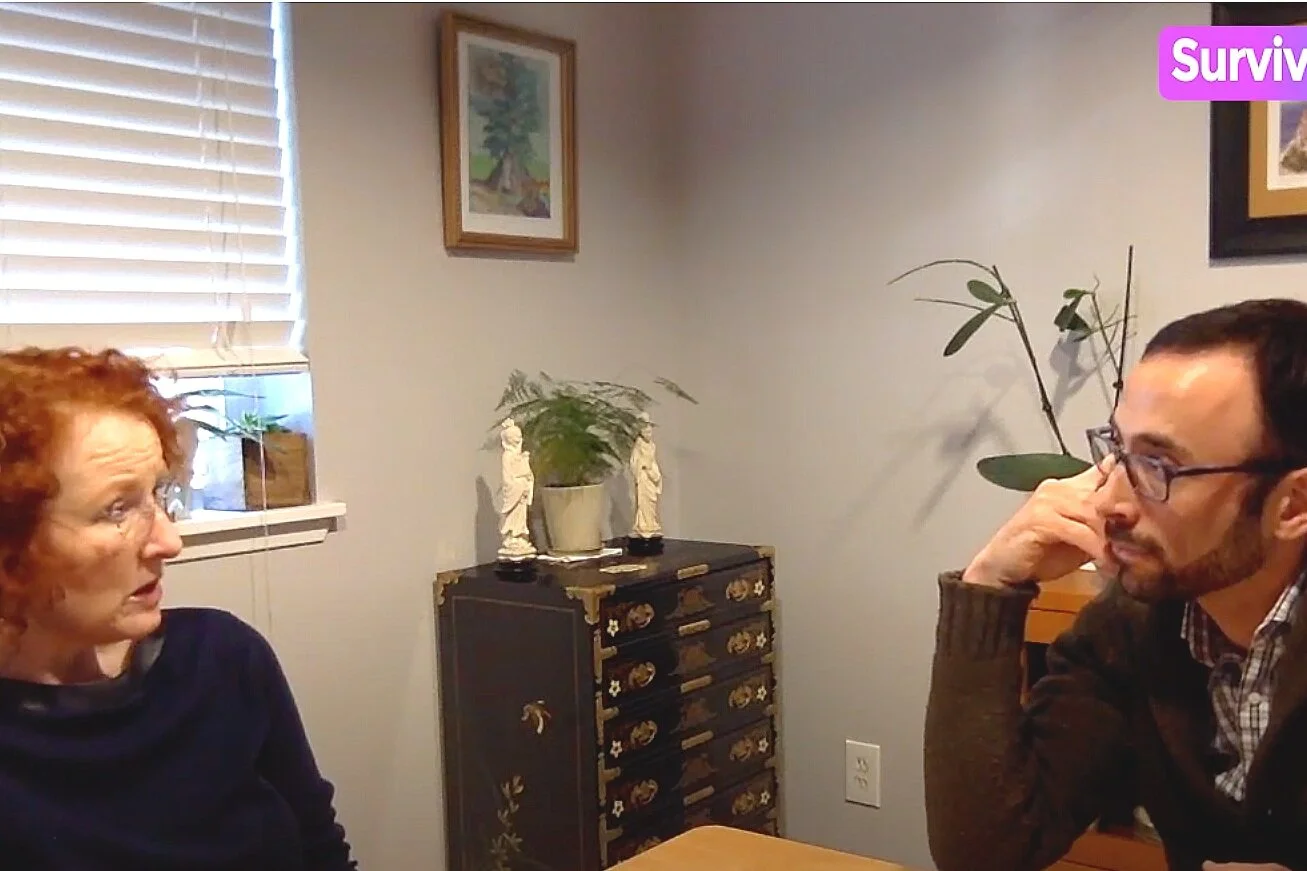Body space sense, also known as proprioception, is something all of us have and most can take for granted. It is the gravity sense anchoring and orienting us in the body, the surrounding environment, informing the more abstract concepts of time, math and underpinning our spatial abilities. The daily impact of a challenged body space sense has implications for both the internal/personal and external/ environmental interactions of anyone who faces these issues. Struggles with body space sense can manifest in three areas: the inner body, the outer body or higher function challenges.
At Sense Enabled we use gentle movement based therapies to help kids and teens with sensory sensitivities to be their best selves.







